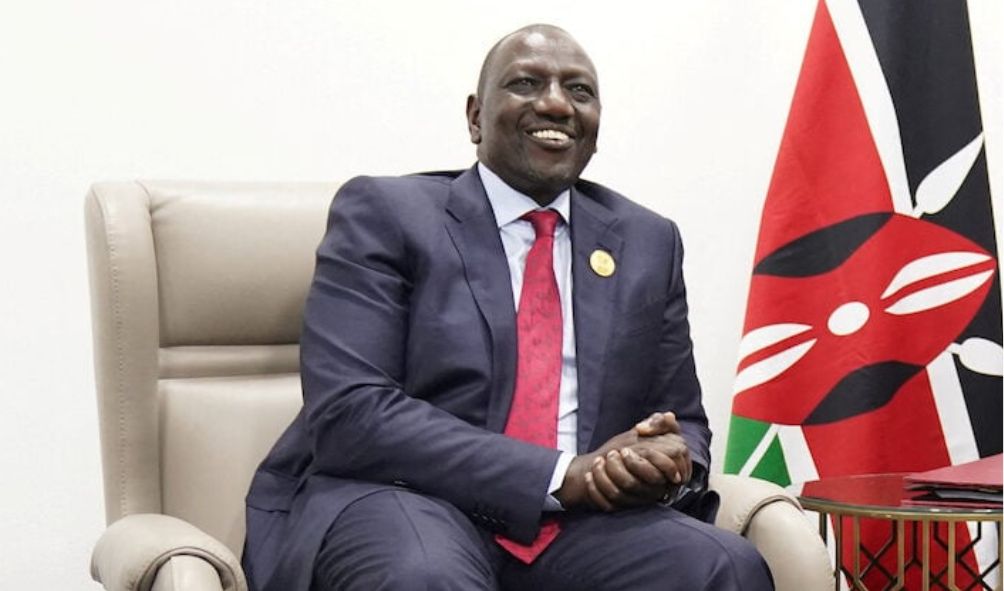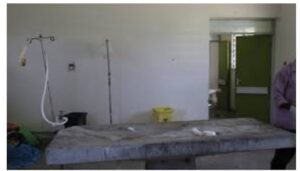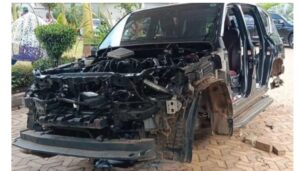Ruto explains his new plan to lower fuel prices

Ruto reveals plan to adopt electric buses and motorbikes with incentives inorder to lower fuel prices
Ruto reveals plan to adopt electric buses and motorbikes with incentives inorder to lower fuel prices.
President William Ruto unveiled a new strategy on Friday, June 2, to cut the surging fuel prices and provide relief from the rising expense of life.
At a business gathering held at the Serena Hotel in Nairobi, Ruto reiterated his intention to introduce the e-mobility scheme later this year.
He explained that the concept calls for the usage of electric buses and motorcycles along with financial incentives for entrepreneurs to set up high-quality electricity charging stations all around the country.
Ruto defended the decision by pointing out that the nation spends Ksh69 billion per month on petroleum imports from different countries.
He pointed out that by switching to electric-powered vehicles, his administration would cut that cost in half.
The president implied that his government would save close to Ksh34 billion monthly, which could be directed toward lowering fuel prices and other areas of the economy to tackle the cost of living.
“In this year’s Finance Bill, we have put the tax incentives you are asking for. I want to launch that programme (e-mobility programme) later this year and we want to transition from using fossil fuels (Diesel, Petrol kerosene) on our motorbikes and other wheelers.
“We are spending Ksh60 billion (USD 500 Million) monthly to import fuel products. We can save that by half if we the direction we have put in our Finance Bill this year,” Ruto stated.
According to the Head of State, that would also help his administration find options for lowering the high fuel cost.
Azimio vows to scuttle Ruto’s budget over finance bill 2023
CBK halts rollout of digital currency
Uhuru among the chosen few leaders for exclusive Asian royal function
Treasury sets aside KSh25bn for controversial fuel subsidy
In the latest rates released by the Energy and Petroleum Authority of Kenya (EPRA) in May., Nairobi recorded the highest petrol prices increase to retail at Ksh182.70, Diesel increased to Ksh168.40, and Kerosene rose to Ksh161.13.
His sentiments backed his Madaraka Day announcement on launching an electric vehicle public transport system.
Ruto argued that the new transport system targeting public service vehicles would reduce fare prices significantly.
“As international petroleum prices continue to rise beyond reach, the cost of fuel locally rises steeply. As a component of household budgets, transport is affecting the cost of living.
“We have to liberate Kenyans from reliance on transport that depends on petroleum. For this reason, we are rolling out an electric vehicle public transport system which will bring down the cost of transport significantly,” the Head of State announced at the event.
Also read,
Ruto’s plan to rally all MPs to pass the proposed finance bill 2023
US athlete to auction his Jersey for Ksh83 million to help Kenyan children
Fuel dealers raise an alarm over the low uptake in the country
Follow us





